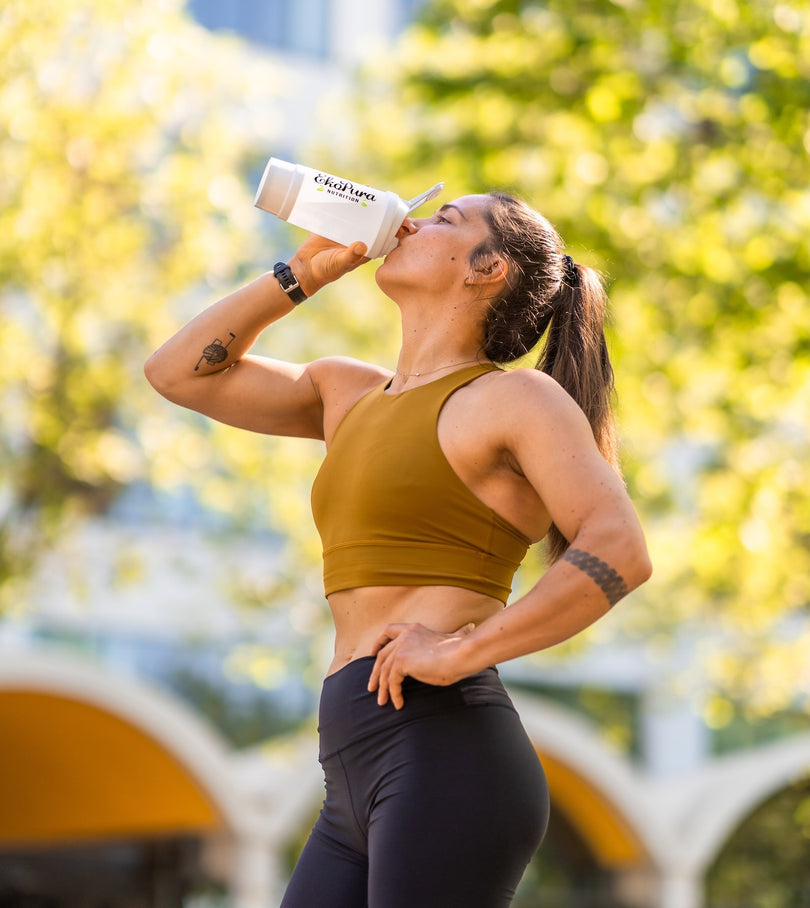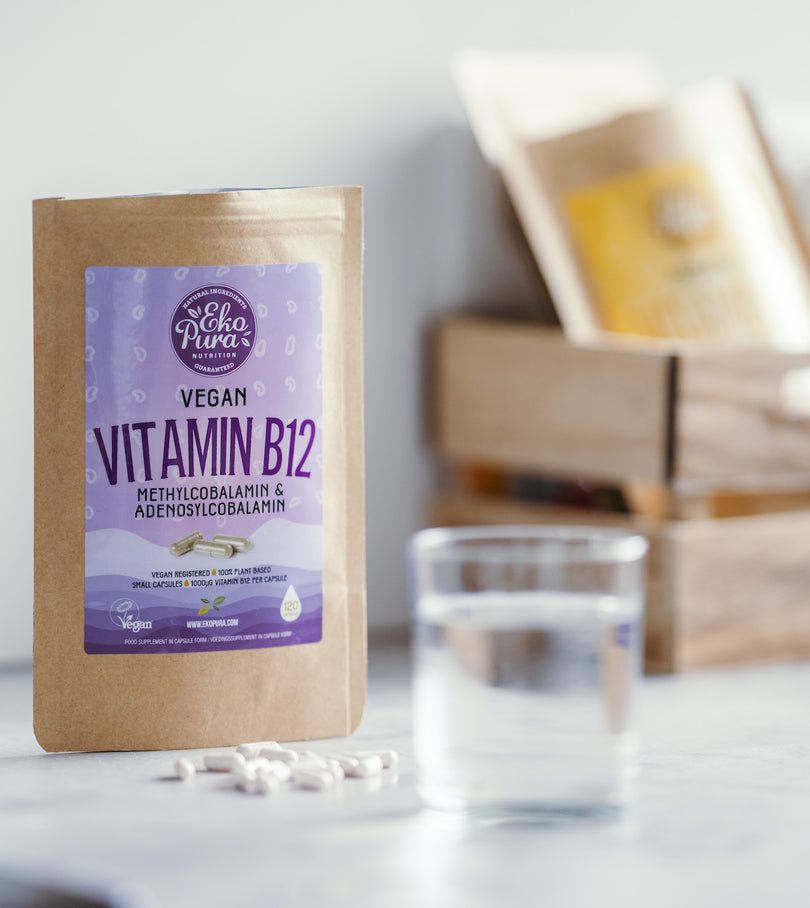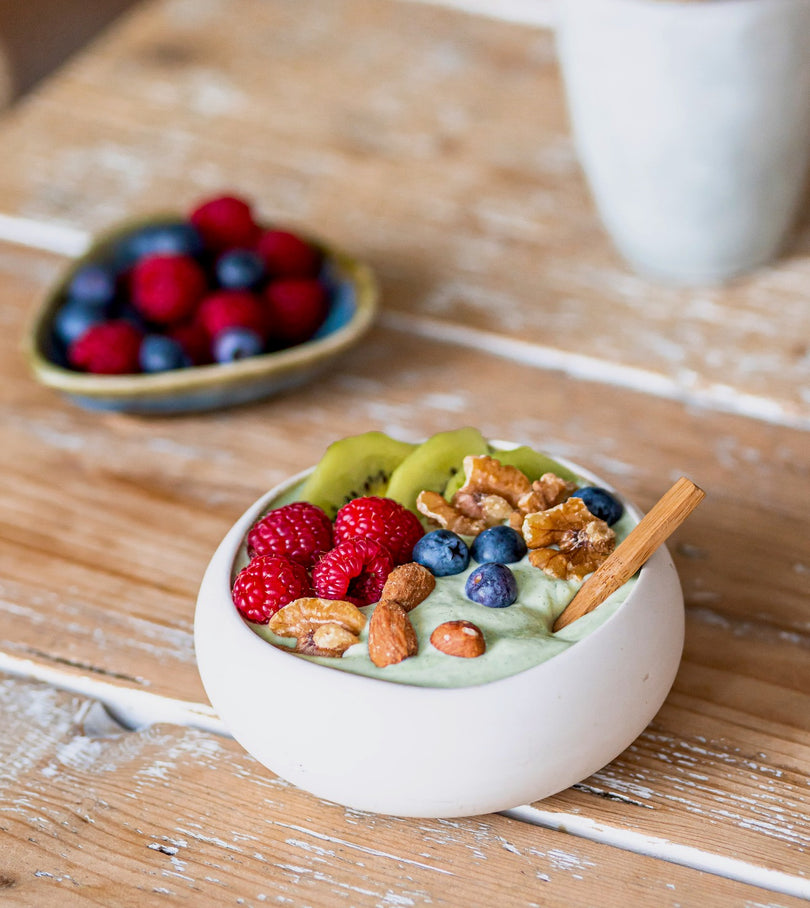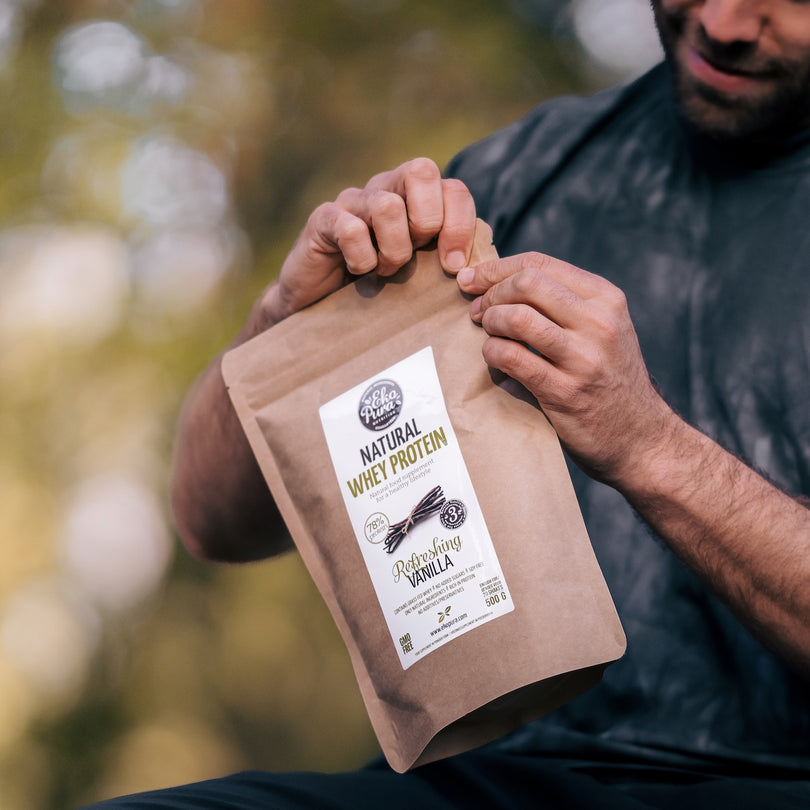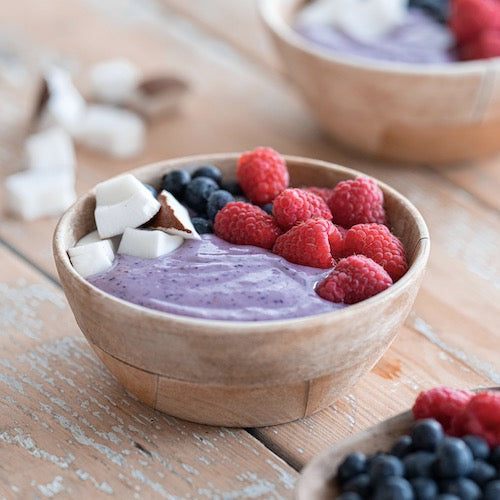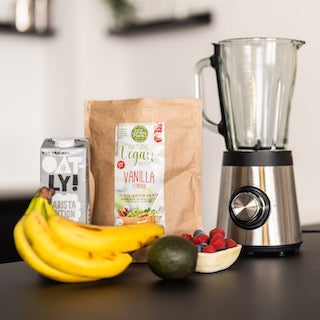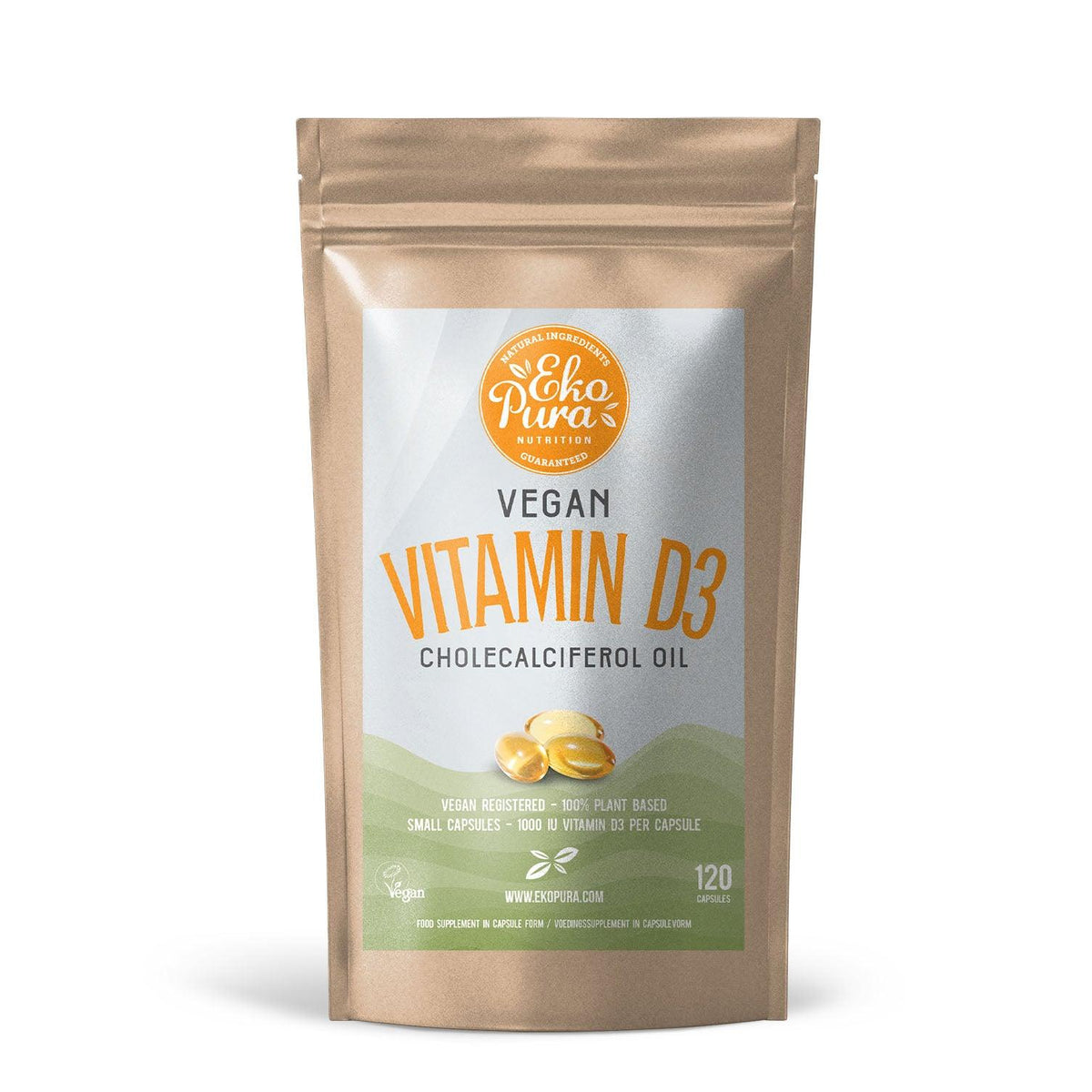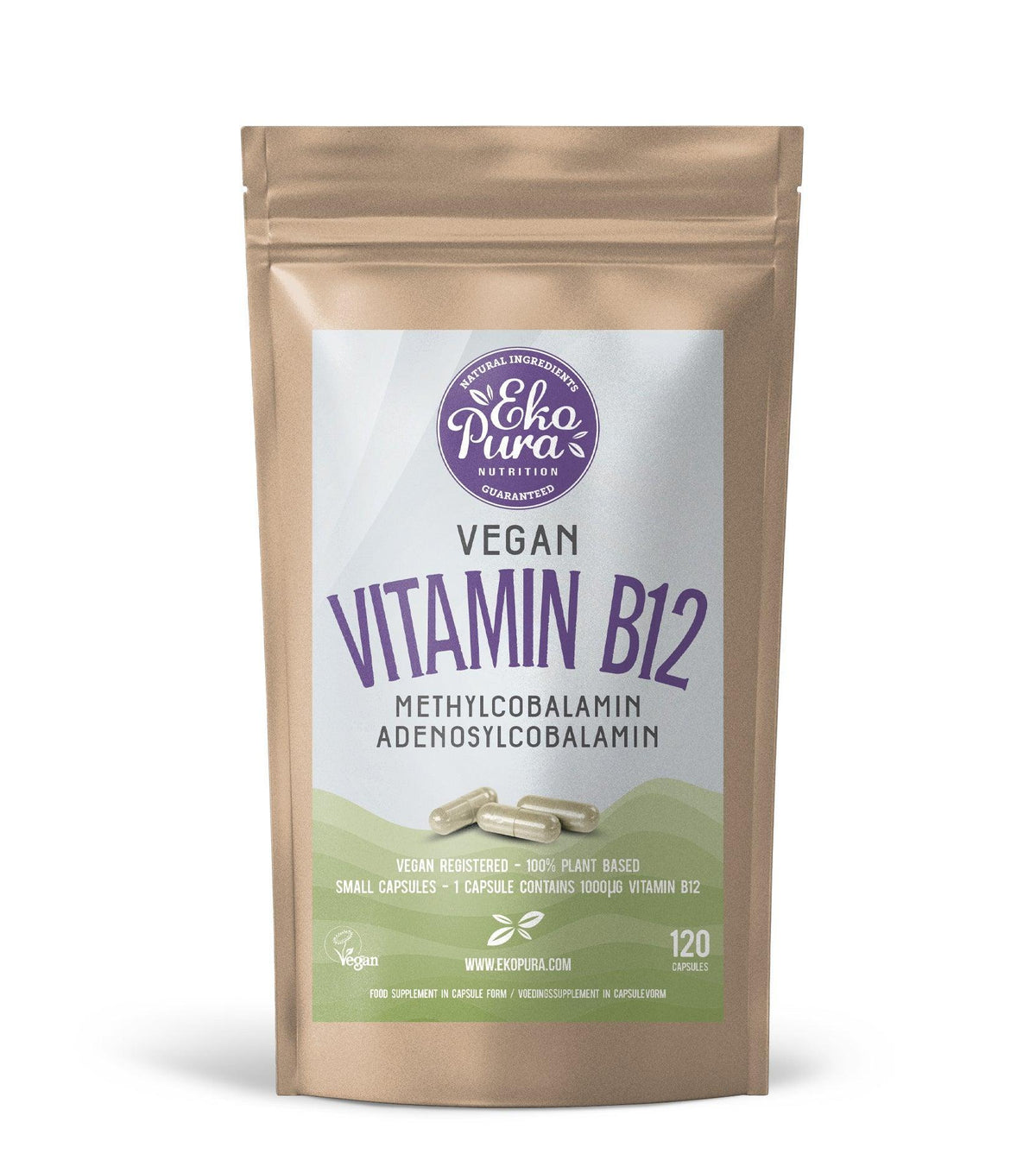Frequently Asked Questions
Is Omega 3 from algae oil better than from fish oil?
Yes, omega 3 from algae oil is the sustainable alternative to fish oil and is not inferior in terms of quality.
- Algae are the natural, plant-based source of Omega 3.
- Algae are the food source from which fish get their high Omega 3 values
- The algae are cultivated in a controlled environment and are therefore 100% clean
- Fish often contain pollution from the ocean such as heavy metals, PCBs, dioxins and microplastics
- It takes less energy to make algae oil. This is because algae grow on sunlight
- The oil does not need to be purified or processed because the algae are grown in a closed system that is 100% clean
About 25% of the total global fish catch goes to the Omega 3 industry and contributes significantly to overfishing. Overfishing threatens many species with extinction, thus disrupting the ecosystem of our oceans and the overall planet. If we continue this it will have far-reaching consequences. By taking Omega 3 from algae instead of fish you contribute to a solution to this immense problem. Each Ekopura Omega 3 saves the lives of 30 fish and any bycatch associated with fishing.
Is your Omega 3 algae oil completely plant-based?
Yes, the Omega 3 oil comes from algae and the capsules are made from seaweed extract. The other ingredients are also of plant origin. Therefore, the products are suitable for vegans and vegetarians.
What is the concentration of Omega 3 per capsule?
Our Vegan Omega 3 DHA Algae Oil capsules contain 250mg of DHA and about 5mg of EPA.
Our Vegan Omega 3 EPA + DHA Algae Oil capsules contain 210mg DHA and 70mg EPA.View product.
Which Ekopura Omega 3 is best for me to take?
It depends on what health benefits you want to gain from taking omega 3.
- Omega 3 DHA is good for the eyes and brain at an intake of 250mg of DHA per day. This is equivalent to 1 capsule of our Omega 3 DHA. If this is your goal thenOmega 3 DHA.
- Omega 3 EPA + DHA is also good for the brain and eyes and also contributes to normal heart function at an intake of 250mg per day. This is equivalent to 1 capsule of ourOmega 3 EPA + DHA.
- Pregnancy and lactation: 200mg Omega 3 DHA per day (1 capsule) taken by the mother is an important building block for the brain of the fetus and breastfed infants, and contributes to the normal development of the eyes. Its beneficial effect is obtained in addition to the intake of 250mg of Omega 3 EPA + DHA. We therefore recommend taking a combination of Omega 3 DHA andOmega 3 EPA + DHAduring this period.
Do your products contain any additives?
Our products are free of unhealthy additives and are made with plant-based ingredients produced in a sustainable manner. Therefore, all of our products are free of GMOs, soy, preservatives and artificial flavors and colors.
Do the capsules contain iodine?
No, the product is iodine-free. The capsules are tested for that.
What is the shelf life?
The shelf life is always on the back of the package, at the bottom. We guarantee a minimum shelf life of 12 months. In reality, however, this is often longer because we produce regularly and keep small stocks. It is therefore possible to purchase several products at a time for a longer period.
What is the best way to store the capsules?
The capsules are best stored in their packaging, sealed and at room temperature, out of direct sunlight and out of reach of children. The ideal temperature is between 15 and 25 degrees Celsius.
Can you take the products during pregnancy or breastfeeding?
Because of the natural nature of our products, without unhealthy additives, it is safe to take the products according to the instructions for use. Even during pregnancy and breastfeeding. However, be aware of any allergies and always consult a doctor if in doubt.
Can children also use the products?
The dosages are set based on the needs of adults. Children therefore need less of a dose or the same dose less often. Again, if in doubt, always consult a doctor.
What is the Totox value of Ekopura Omega 3?
Our Omega 3 has a Totox value of 4.5. The Totox value indicates the oxidation value of the oil. The lower the value the fresher the oil. Generally, values below 20 are considered acceptable. However, we only go for the best quality and freshest oil.









